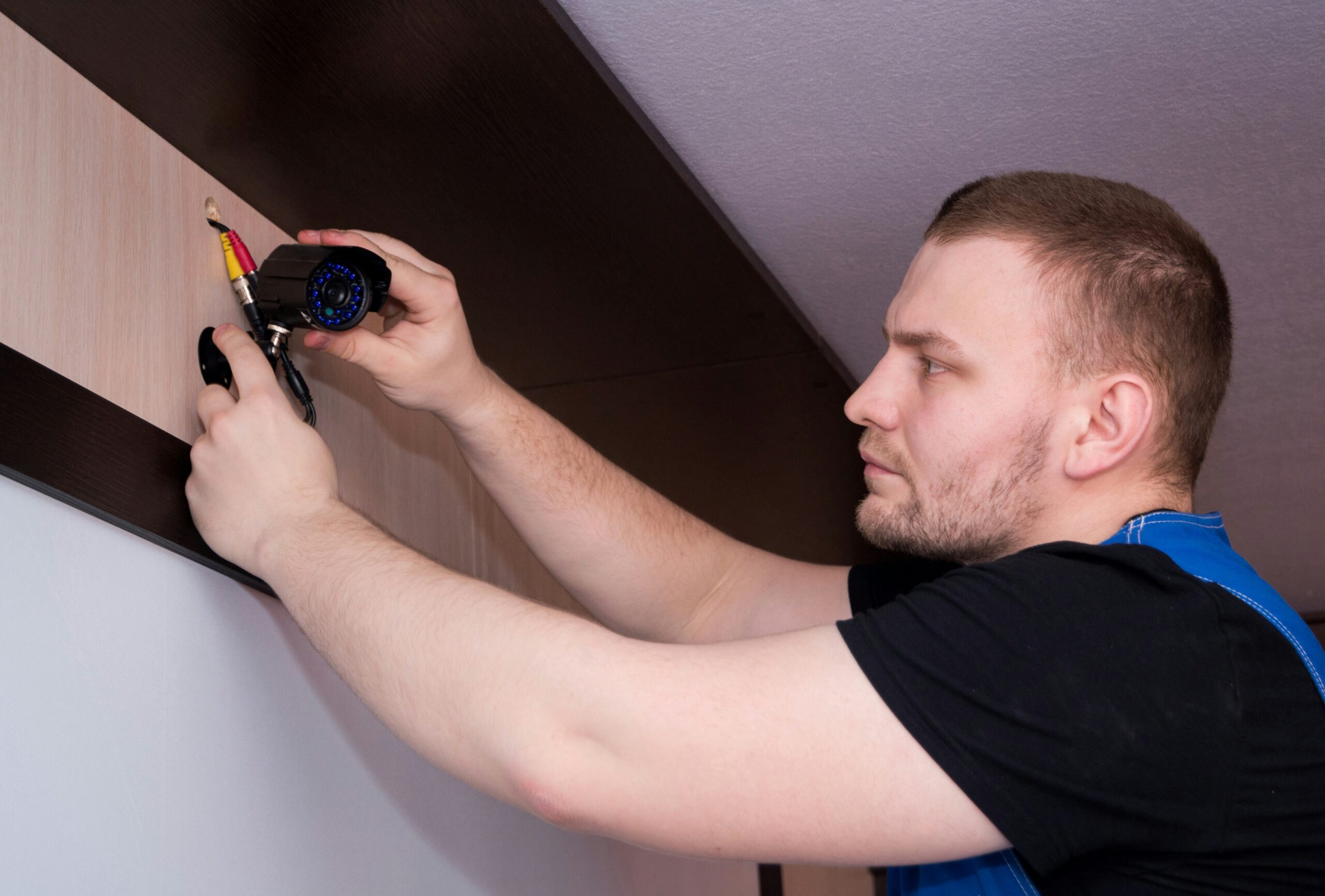
When buying a home, it’s easy to get caught up in the excitement of finding the perfect property. However, the journey doesn’t stop once you’ve fallen in love with a house. Before you make an offer or finalize the deal, one crucial step remains: the home inspection. Skipping this step could result in significant costs for repairs and long-term maintenance. Here’s why you can’t forget the home inspection when buying a home and how it helps protect your investment.
Why a Home Inspection is Crucial
A home inspection is an in-depth examination of a property’s condition. It assesses the home’s major systems, including the roof, foundation, plumbing, electrical, and HVAC systems. This process helps uncover hidden defects that could impact the property’s value, safety, and long-term financial viability.
Skipping the home inspection is a risk that could lead to unpleasant surprises after you’ve already committed to the property. Without an inspection, you may miss major issues, such as structural damage, mold, or electrical problems, that could cost thousands of dollars to repair. A home inspection provides an opportunity to identify and address these issues, enabling you to make an informed decision.
Negotiating Power in the Home Buying Process
A detailed home inspection report provides valuable information that you can use to your advantage in negotiations. If the inspector finds significant issues with the property, you can use the findings to request repairs, lower the price, or ask the seller to provide a credit at closing. This gives you the ability to address any necessary repairs before finalizing the sale, ensuring that you’re not overpaying for a property in need of extensive work.
For instance, if the inspector uncovers issues such as a faulty HVAC system or a leaky roof, you may negotiate with the seller to have these problems repaired or lower the asking price to reflect the cost of the repairs. In a competitive market, this can be the difference between a deal and walking away from a property.
Planning for Future Maintenance
A home inspection is an opportunity to assess the current condition of major home systems, but it also provides insight into how long these systems are likely to last. For example, an inspector can inform you of the age of the roof, HVAC system, and plumbing. Knowing how much life these systems have left allows you to plan for future maintenance and repairs.
If the inspector reports that the roof is nearing the end of its life expectancy, you can start budgeting for a roof replacement in the next few years. Likewise, if the plumbing system is outdated, you should set aside money for future upgrades. Having this information upfront helps you make better financial decisions and avoid unpleasant surprises after you’ve moved in.
Avoiding Post-Purchase Surprises
When you skip the home inspection, you run the risk of finding major problems after the deal is done. Once the house is yours, you’ll be responsible for any repairs or replacements, regardless of their cost. Issues like a malfunctioning septic system, mold infestation, or a cracked foundation may not be immediately noticeable but can lead to significant expenses later on.
Home inspections provide you with peace of mind by identifying potential issues before you finalize the sale. With a detailed inspection report, you can make a more informed decision about whether to proceed with the purchase or walk away. This protects you from the financial burden of unexpected repairs.
Protecting Your Investment
Buying a home is one of the most significant financial investments you’ll ever make. As such, it’s essential to protect that investment by ensuring the property is in good condition. A home inspection plays a key role in safeguarding your investment. By identifying potential problems early, an inspection helps you avoid buying a house that requires extensive repairs or could lose value over time due to undetected issues.
A home inspection also helps you ensure that the property you’re purchasing is worth the asking price. If the inspector uncovers problems, you can factor the cost of repairs into your negotiations, ensuring that you’re not overpaying for a property with hidden defects.
Insurance and Loan Approval
In some cases, a home inspection is required for securing a mortgage or homeowners insurance. Lenders want to ensure that the property is in good condition before approving a loan, and insurance companies need to assess the property for any risks that could affect your coverage.
If the home inspection reveals serious issues, it may impact your ability to secure financing or insurance. For example, if the inspector finds significant foundation problems or structural issues, the lender may require repairs before approving the loan. Similarly, if the inspection reveals health or safety hazards, the insurance company may not provide coverage unless these issues are addressed and rectified.
When buying a home, skipping the home inspection is never a good idea. A thorough inspection helps you identify hidden issues, negotiate a better deal, ensure the house is safe, and plan for future maintenance. It’s a small investment that can save you from costly repairs, health risks, and long-term financial strain.
A home inspection also protects your investment by ensuring the property is worth the price you’re paying. Whether you’re a first-time homebuyer or a seasoned real estate investor, a home inspection is an essential step in the home-buying process that you cannot afford to skip.